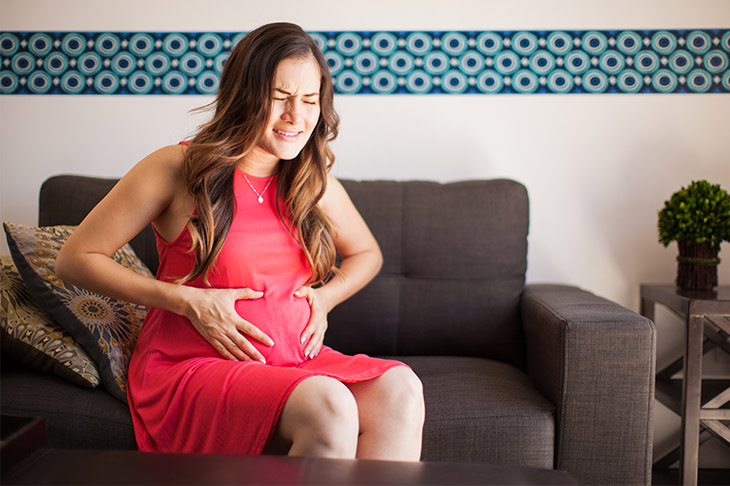What is an ectopic pregnancy?
This is a pregnancy that develops outside the normal intrauterine location.
It can be in the cervix, fallopian tube, ovary or abdomen.
How is ectopic pregnancy treated?
It is treated either by medical therapy using Methotrexate,
by surgery or in a few cases waiting for it to resolve without treatment.
Medical Therapy
Methotrexate has become a standard medical treatment for ectopic pregnancy.
It is an anti-cancer drug that can be used in other conditions.
The occurrence of miscarriages or malformed fetuses does not increase after its use in future
pregnancies.
The best candidates for Methotrexate therapy for ectopic pregnancy are those
who are not suffering symptoms, a gestational sac of less than 3.5 cms, no fetal
cardiac activity on ultrasonography and will come in to be followed closely.
After methotrexate treatment, you should avoid:
- folic acid supplements
- foods high in folic acid such as green leafy vegetables
- sun exposure
- alcoholic beverages
- non-steroidal anti-inflammatory drugs
- sexual intercourse
- vigorous activity
After Methotrexate treatment if you develop any problem or symptoms such as:
- shoulder pain
- dizziness
- lightheadedness
- severe abdominal pain
- excessive vaginal bleeding
Go to the Urgent Care Clinic/Women’s Clinic
Please note that an increase in abdominal pain is normal 2-3 days after the injection, however, if the pain becomes severe then you should be seen by your doctor.
As with all medical treatments, there are risks and side effects. Despite observing low and declining βhCG level in the blood, tubal rupture can still occur. Up to 10% of women do not respond to Methotrexate therapy and require surgery. A small percentage of patients will require a second dose of the Methotrexate and this can only be determined from blood test results. Thus, for those women who cannot be followed closely or who live far from the hospital, surgery might be a better first treatment option.
You must come for follow-up until your hCG levels are in the non-pregnancy range. Pregnancy should be avoided 3 months after methotrexate injection. You may experience nausea, vomiting, inflammation in the mucous lining of structures in the mouth, thinning of the hair or sun sensitivity.



